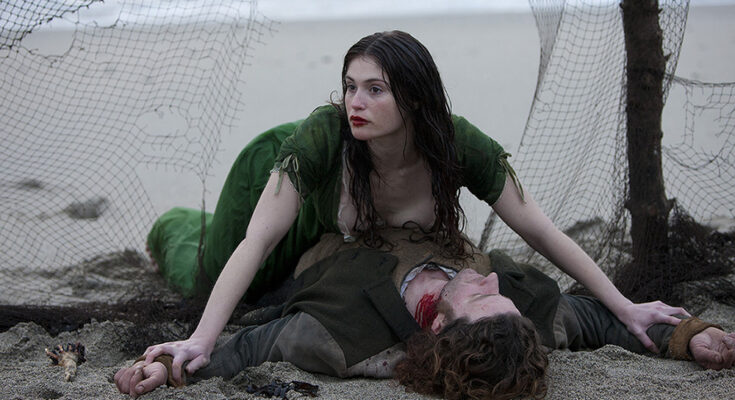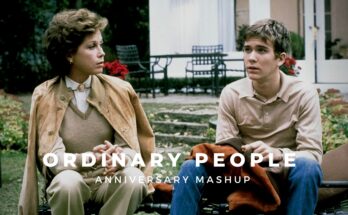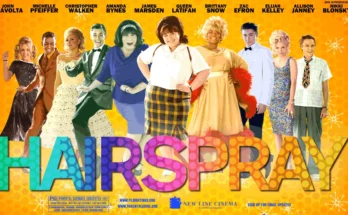Genre: Gothic Horror | Fantasy Drama | Vampire Tale
Byzantium is a haunting, visually lush take on the vampire myth—one that trades jump scares and fangs for atmosphere, melancholy, and a story that feels both ancient and fiercely modern. Directed by Neil Jordan—whose Interview with the Vampire (1994) helped redefine the gothic vampire on screen—this 2012 film dives back into blood and immortality but finds new life in a tale about mothers, daughters, and the curse of living forever.
At the heart of Byzantium are Clara (Gemma Arterton) and Eleanor (Saoirse Ronan), a mother-daughter vampire duo who have been on the run for centuries. Clara, fiercely protective and hardened by a brutal past, survives by any means necessary—stripping, prostitution, murder—anything to keep them hidden from a secretive brotherhood that forbids female vampires. Eleanor, in contrast, is fragile and poetic, burdened by her immortality and desperate to confess her truth to someone, anyone.
They end up in a crumbling seaside town, where Clara seduces her way into taking over an old guesthouse—the Byzantium Hotel—and turns it into a brothel to make ends meet. Meanwhile, Eleanor drifts through the foggy streets and finds a fragile chance at love with Frank (Caleb Landry Jones), a sickly young man who awakens her longing for connection and release from secrecy.
Jordan paints the film in muted blues and deep reds, letting the story unfold like a dark fairy tale steeped in sorrow and sensuality. Flashbacks peel away the women’s tragic origin: Clara’s brutal life as a poor girl exploited by powerful men, and Eleanor’s birth into an immortal existence she never asked for. In this world, immortality is not glamour—it’s survival, sacrifice, and secrets too heavy to bear.
Unlike the sleek predators of mainstream vampire films, the women of Byzantium feel raw, vulnerable, and real. Arterton is magnetic as Clara—a predator and protector in equal measure—while Ronan brings her trademark ethereal sadness to Eleanor, a girl forever caught between confession and concealment. Their bond is the film’s beating heart: not just vampires, but mother and daughter, forever clinging to each other in a world that wants them gone.
Byzantium is not a horror film built on gore and cheap shocks—it’s a gothic fable about loneliness, agency, and the price of freedom in a world ruled by men. It asks what it means for women to survive on their own terms, even if they must drink blood to do it. The atmosphere is dreamlike, the violence sudden and raw, the mood soaked in tragedy.
Overlooked by many when it was released, Byzantium has slowly gained the status of a hidden gem for fans of unconventional vampire stories. If you want a film that whispers its secrets like an old ghost story, with beautiful performances and haunting imagery, Byzantium is an underappreciated, blood-soaked lullaby you won’t easily forget.



